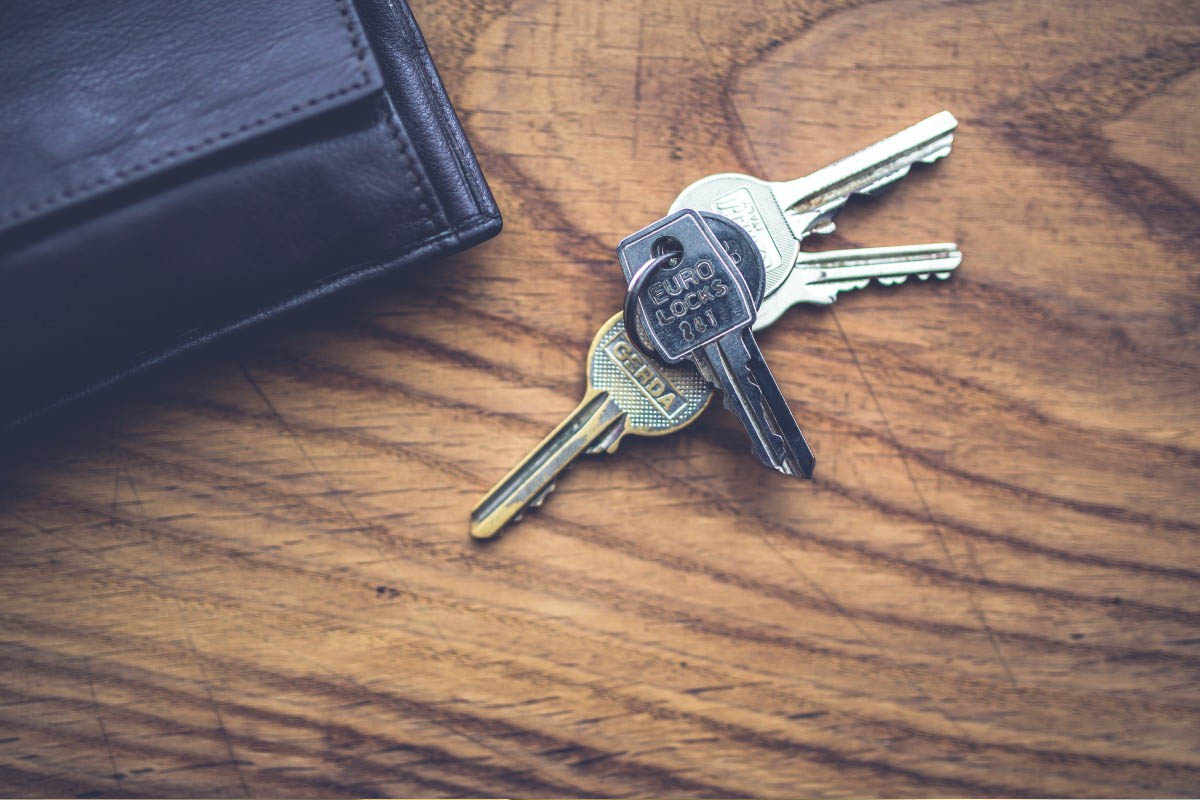Top Five Crypto Red Flags on Social Media
Some scams are easy to see, but others might look like a worthwhile investment opportunity. Here are some crypto red flags to look out for.

In essence, a Bitcoin wallet is a device which acts to store a cryptocurrency user’s public and private key used to access their Bitcoin and digital funds. While the cryptocurrencies themselves aren’t stored in the wallet, the important keys – which are crucial to getting to the funds – are held in the devices.
Without the private key of a cryptocurrency wallet, there is no way of accessing the cryptocurrency funds within the wallet. This means that security, and looking after the keys is essential to protect one’s cryptocurrency assets.
Read more: What is a Bitcoin wallet?
In order to safeguard your digital savings, you need to put the correct measures in place. With convenience, comes risk – and in Bitcoin’s case, the risk comes from other people. If you are able to keep your important information away from malicious parties, such as hackers or scammers, your digital assets will remain entitled to you – and you alone.
In the same way that you wouldn’t give your login details for your bank account, you should be careful about your private key. Scammers might pretend to be anyone from a popular cryptocurrency figure to the platform you use to get their hands on your assets. If you keep your private key to yourself – and, if possible offline – you’ll keep the scammers at bay and your funds will remain okay. Caution cannot be stressed enough when it comes to giving out your information.
If you are storing a large quantity of Bitcoin or other cryptocurrencies, it’s advised that you split the funds up between different wallets in order to optimise security. Since there is no limit to how many Bitcoin or cryptocurrency wallets a user can have, it offers the possibility of having different wallets for different purposes. For example, a user could have one wallet for spending, one for storage, and one for receiving tokens.
In cryptocurrency, there are hot wallets and cold wallets. A hot wallet exists through platforms online which offer the storage of private and public keys. While online storage is convenient and instantaneous, offline storage is considered much safer. If a wallet is offline, it is invulnerable to hacking from online users. A cold wallet comes in different forms, such as software apps on a smartphone or computer or a hardware device which can be plugged into a computer while it is offline. Cold wallets which make use of hardware devices and remain constantly offline are considered one of the most secure methods of storage.
Read more: Hot wallet vs cold wallet in cryptocurrency storage
Sometimes, wallet apps might look legitimate but are really fraudsters posing. Scammers will create fake wallets and list them on trusted platforms, such as the Google Play Store, in order to gain the credentials of vulnerable users. If a scammer gains access to a users private key or personal information, it could spell the endgame for the Bitcoin in their possession. By doing critical research into a platform, you can get a feel about how genuine the platform might be.
Scammers like to use malware on sites such as torrent download webpages to steal cryptocurrencies through sneaky methods. Earlier this year Clipper, a malware programme, was found on Google Play Store which copied the scammer’s wallet address into your clipboard so that when a wallet address was pasted to send someone cryptocurrency. This meant that, without knowing it, you’d be sending your cryptocurrency to the wrong address.
While maintaining security, do not forget to look after your information in a safe place. It’s advised that you write down (in a paper and pen fashion) your private keys or relevant and pertinent information to your cryptocurrency wallet. If you lose your wallet by mistake, then you lose your Bitcoin. There is no “I can’t remember my password” function when it comes to Bitcoin unless you are using third-party storage. This means you need to be extra careful that you place any information in a location you can trust will be safe.
Some scams are easy to see, but others might look like a worthwhile investment opportunity. Here are some crypto red flags to look out for.
Find out the countries where you'll pay the most tax if you're trading, holding, buying or selling cryptocurrencies.
Advancements in artificial intelligence and communication technologies make it difficult to discern what's real and what's a scam.
After Kate Middleton's alleged data incident and possible internal attack at the London Clinic, there's a clear need for security in cyber...